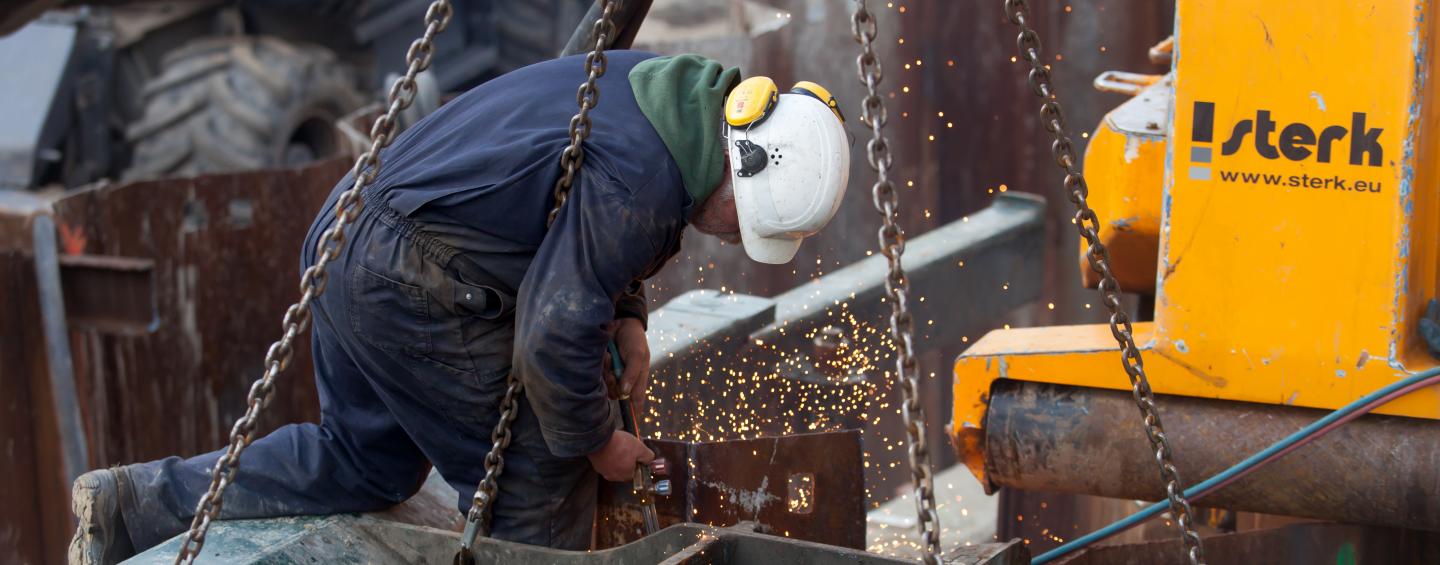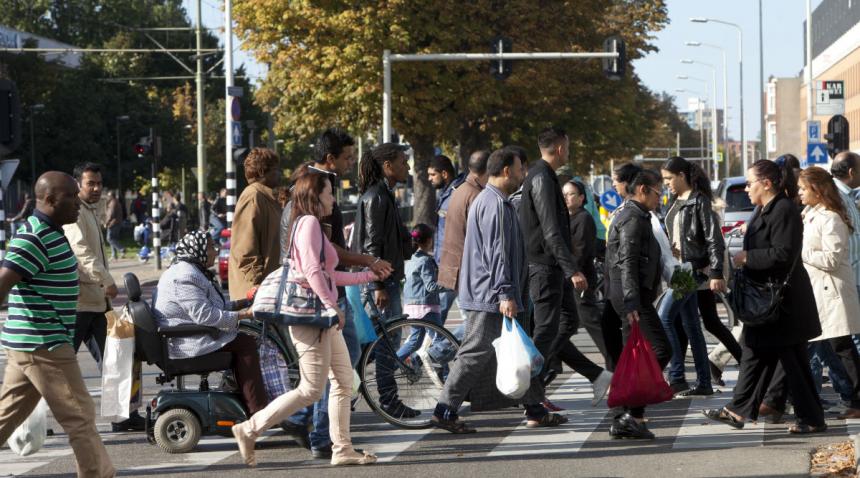
Employment conditions in the Netherlands
Employers in the Netherlands are bound by laws and regulations that protect the rights of the people who work for them. While contracts outline various agreements between employees and employers, Dutch laws are designed to regulate things like the minimum wage and dismissal proceedings. If you have a dispute with an employer, or are seeking more information on your contractual obligations, there are various organisations that can help.
The Minimum Wage
Employees who are aged between 21 and the state pension age are entitled to a statutory minimum wage that is determined by the government. This regulation prevents companies from underpaying staff, and strict penalties apply to companies that are found to underpay. The amount of the minimum wage is adjusted two times per year, and is lower for employees under the age of 21. See your payslip to check the statutory minimum wage that applies to you.
If you believe that you have not been paid the correct amount, it is advisable to first raise the matter with your employer, and seek legal advice if you cannot reach an agreement. You can claim unpaid wages up to five years from the date you were entitled to receive them.
Collective Labour Agreements
Collective Labour Agreements (CAOs) apply to some industries in the Netherlands, such as some areas of the horticulture, transport, and meat sectors. These are agreed by trade unions for the benefit of employees. CAOs specify a wage table for each job, but the rate is usually higher (and will never be lower) than the legal minimum wage. The CAO usually includes holiday entitlements, notice periods, and regulations regarding working conditions. Find out more about Collective Labour Agreements and contacting trade unions.
What Happens When an Employee is Dismissed
In the Netherlands, an employer’s right to dismiss an employee depends on the type of contract they hold – whether it is temporary or for a definite period. In either case, there are legally binding protocols that companies must follow. Some examples of instances of dismissal include a temporary contract that is not renewed, redundancy because of a company restructure, or dismissal due to poor performance. In the case of the latter, the employee must be given an opportunity to improve. Instant dismissal only applies for exceptional cases, such as instances of theft, embezzlement, abuse, and other misconduct. Learn more about your rights regarding dismissal.
Where to Go for Help
There are several organisations and government departments dedicated to protecting the rights of employees. The Netherlands Labour Authority is responsible for checking that your employer complies with applicable labour laws. Inappropriate comments and instances of workplace bullying or sexual harassment can be reported (in English, if preferred) to the Inspectorate SZW or the FairWork foundation. If you have been discriminated against, you can also contact the anti-discrimination agency.
Find more information about working in the Hague, Dutch work culture, and the necessary work and residence permits. You can also find advice about legal assistance in the Netherlands and benefits you may be eligible for.



